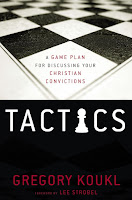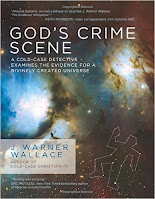Introduction
The name "Colin Kaepernick" has flooded my Facebook feed this week. Until the last few days, I did not even know his name. From what I could tell, he is a quarterback for the National Football League (NFL)'s team The San Francisco 49r's. The fact that I do not follow any sports means that this sudden appearance in my feed is quite out of the ordinary. So I decided to investigate. It turns out that Kaepernick caused a stir and a great deal of outrage the other day, when he refused to stand for the National Anthem before a preseason game. This is a highly disrespectful decision that he has made clear that he plans to continue. This decision has sparked much outrage on the internet and much praise in the media. While I do believe that what he did was highly disrespectful and should never be encouraged, if we look past his actions to his reasons, we see profound insights (profound for our society, anyway) highlighted by the longings of his heart. These observations and desires that he has expressed provide powerful evidence for the truth of the Christian worldview and a door wide open for him to accept the call of Christ on his life.However, before you read on, please familiarize yourself with Kaepernick's comments on his decision here.
Two things that he said immediately caught my attention. The first was that he was protesting racial inequality and mistreatment of African-American people. The second what that he said that that "is bigger than football" and even accepted the possible fate of being removed from the NFL and losing endorsements over his decision.




















